Mozambique: Fake SISE agent arrested in Cabo Delgado - Watch
Hunt for suspected attackers continues in northern Mozambique – police
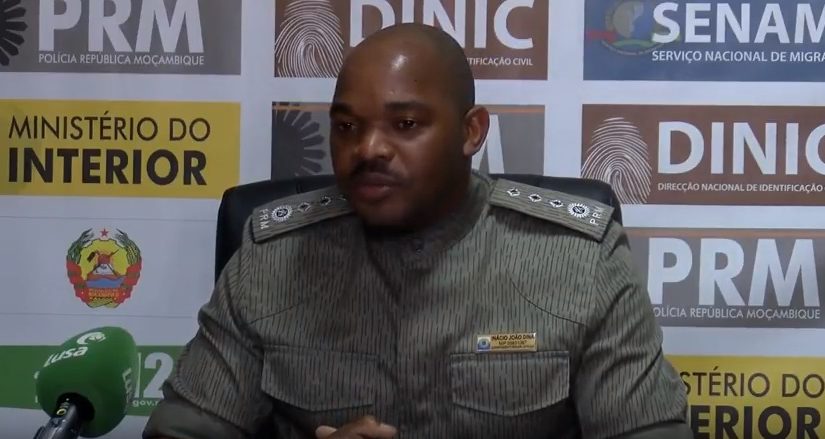
Inácio Dina, police spokesman. Photo: Miramar
Mozambican police are pursuing suspects in the beheading 10 people in the north of the country, supposedly members of a radical Islamic group.
“Ten fellow citizens lost their lives” after being attacked with machetes near the village of Olumbi [also spelt Ulumbi, Olumbe or Ulumbe], 45 kilometres from the district headquarters, Palma, police spokesman Inacio Dina told a press conference yesterday in Maputo.
The incidents happened in rural settlements in dense bush, with no electricity or other infrastructure, on two different occasions.
First two die were two teenagers aged 15 and 16 from the village of 25 de Junho, who had gone hunting when they ran into the armed group. In the village itself, the group, in numbers and composition not so far specified by the PRM, beheaded three further adults. By nightfall, by which time the population of the area was on full alert, the group had beheaded five other people in the village of Monjane.
Attacks on rural villages
According to the police spokesman, the evidence indicates that the attackers are part of the same group that killed police officers with machine guns and besieged the town of Mocímboa da Praia for two days in October 2017, and has since made sporadic attacks on villages of the rural area of the region.
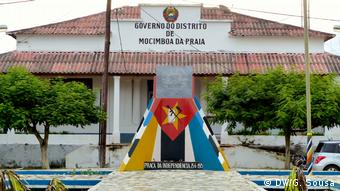
“This is a group that has been greatly weakened,” Dina said, referring to the actions of defence and security forces in the region.
Last Sunday’s crimes represent “total despair, an attempt to raise some antagonism”, he added, contradicting the idea that this escalation of violence means an increase in the security threat in Cabo Delgado. On the contrary, he says, the aggressors are trying to “make believe that this group still exists”, and that “it has a musculature” which, according to the police, it does not.
No arrests so far
Dina said police and other forces in the area set off in pursuit of the group as soon as they learned of the incident, although no arrests have yet been made. “All that is being done is to find these individuals to put them in prison for proper accountability in full measure, like so many others who we have already taken to the bar of the court to be held accountable.”
Asked about the situation in the two villages attacked last Sunday, Dina said that “at this moment, we can describe the environment as calm. People are returning to a normal state of consciousness and returning to their everyday lives”.
Dian revealed that police have detained around 300 people, both Mozambican and foreign, in connection with the attacks carried out in Cabo Delgado since last October.
Is the violence politically motivated?
Calton Cadeado, professor of Peace and International Security Studies, says the main thing everyone wants to know at this point is whether the recent attacks, which he describes as barbaric, are politically motivated.
DW Africa asked the academic’s opinion on the recent decapitations.
Cadeado notes that the ‘modus operandi’ of the crime is still unclear, since the available information is scarce, but says that, although some people say the act is politically motivated in the context of terrorism, he is cautious about that definition.
“It is important to look at the facts from October to now, to make any connection to terrorism with great caution, because this is still a new thing in Mozambique, and we cannot forget that there have been cases of decapitation (in Mozambique in the past during the armed conflict), so we have to put together many pieces to understand this reality. ”

Cadeado foresees several scenarios, including an increase in surveillance to provide the state with information so they can reach out to the people carrying out the attacks, who are so far unknown. Another scenario is an increase in this type of attack, if increased popular surveillance does not work.
But he also admits that the ideal scenario in one of collaboration with popular surveillance.
“The siege on these people is going to be tightened and probably, in the short and medium term, their actions can be circumscribed, if only because this type of crime will increase the social condemnation of any group that wants to implant itself in the zone.”
Destabilisation through scattered cells
An investigation based on 125 interviews in Cabo Delgado released last week concluded that the destabilisation is carried out by scattered cells that use Islamic radicalism to attract followers to whom they pay above-average incomes financed by illegal trade in timber, rubies, coal and ivory from the region.
These groups include members of radical movements who have been persecuted by Kenyan and Tanzanian authorities, the same study notes, adding that some members of the group have been trained by militias of the Great Lakes region who also have links to the al-Shabaab terrorist group in Somalia.
The attacks came as investments in the field for natural gas exploration in Cabo Delgado are progressing, with production expected to start in five to six years off and onshore, with the involvement of some of the largest oil companies in the world.


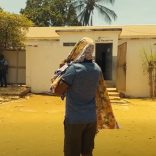
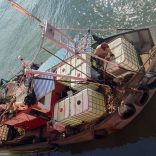


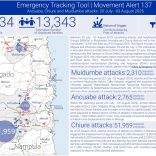





Leave a Reply
Be the First to Comment!
You must be logged in to post a comment.
You must be logged in to post a comment.